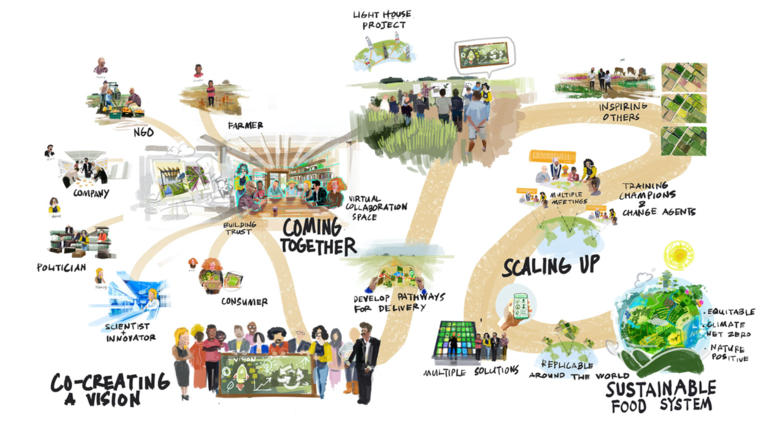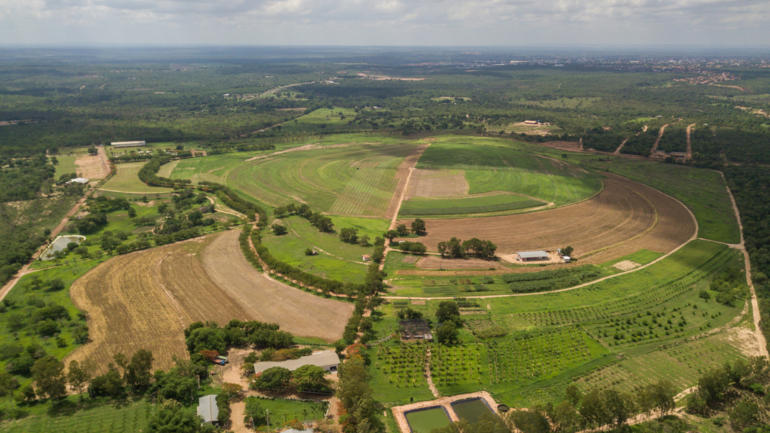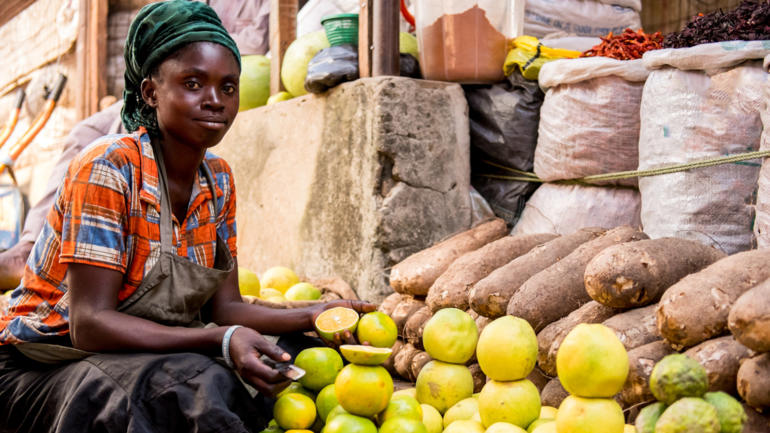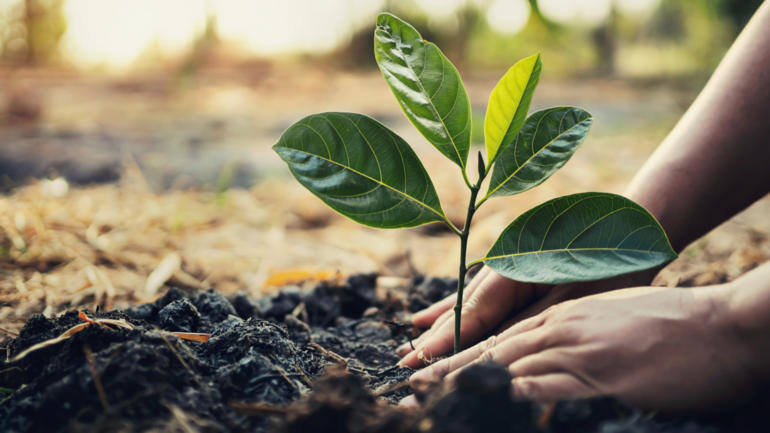There is no longer any doubt that the triple crisis of COVID-19, climate change, and biodiversity loss threatens to upend countless lives and livelihoods. And yet, in each case, disinformation, negligence, and outright denial of the problem continue to undermine the global response.
To move forward, we must come together to ensure that our decisions are based on the best available evidence. Science is the most powerful tool that we have to address these crises and work towards a sustainable green recovery.
All societies clearly value nature’s material contributions: food, energy, medicines, and the materials we need to build and support our economies. But for the last five decades, an exclusive focus on economic growth has resulted in the unsustainable use and extraction of nature’s material contributions, such that nature’s invaluable non-material and regulating contributions have diminished at alarming rates.
Wildlife habitats have been destroyed, pollination has been disrupted, and ecosystems – including critical coastal zones – have been degraded to the point that they can no longer serve as buffers against natural and anthropogenic hazards. As a result, air pollution is no longer absorbed sufficiently, safe groundwater is no longer available in the quantities needed, soils are less fertile, and oceans are increasingly acidic. But, most noticeably now, nature’s ability to regulate and contain organisms dangerous to people, like viruses, has been severely disrupted.
These disturbing trends have been thoroughly documented. The landmark 2019 Global Assessment by the Intergovernmental Science-Policy Platform on Biodiversity and Ecosystem Services (IPBES) found not only that one million plant and animal species now face extinction, but also that nature’s contributions to people have declined – in some cases severely – across 14 out of 18 categories since 1970.
The global scientific consensus is clear: there is overwhelming evidence to show that we are increasingly paying the price for our failure to protect nature. The COVID-19 pandemic continues to devastate communities in every part of the world. And yet it is just one of many unidentified viruses in nature of the type known to infect people.
We must understand that our health and wellbeing are intimately connected to the health of the ecosystems that surround us and the species we share this planet with. For a recovery from the current crisis, we should start by recognizing how human activities are destroying nature and creating the conditions for dangerous rebound effects like this pandemic. It is time to take a hard look at our land and sea usage, over-exploitation of natural systems, pollution, invasive alien species, and the increasing effects of climate change.
Fortunately, science offers us not only the insights we need to understand these challenges, but also a range of options for addressing them. The IPBES Global Assessment itself proposed numerous approaches for creating a sustainable future. It is crucial to embrace a different understanding of what constitutes a good life and wellbeing, as well as decrease our total consumption and waste. Equally crucial is reducing inequalities, upholding justice and inclusion in conservation, and including environmental costs and considerations in all decision-making.
Moreover, policies to encourage more “nature-positive” technology and investment are critical, as is education to promote awareness of the challenges we face and potential solutions. Taken together, these measures can enable the kind of transformative change that is necessary to ensure a sustainable future.
The immediate response to COVID-19 offers significant opportunities to start reshaping our relationship with nature. The unprecedented allocation of financial resources to support economies through the pandemic will – for better or worse – determine the trajectory of policymaking for at least the next decade, which also happens to be the critical window for halting and repairing the damage we are doing to the natural world. Decisions about which industries and sectors to support will either lock in degradation or unlock the potential of a truly green recovery.
In 2021, the world will have another key opportunity to put policymaking on the right track. A long-anticipated conference of the Convention on Biological Diversity, delayed by the pandemic, will be held in Kunming, China. There, governments will agree on a new global biodiversity framework that includes specific targets and objectives. The gathering will be the best, and probably one of the last, chances for policymakers to agree on coordinated action to address not only the direct and indirect drivers of environmental degradation, but also the behaviors and values that underpin our relationship with nature.
We know that our lives and livelihoods depend on nature. Nature is our common ground. Today’s pandemic response and next year’s biodiversity summit are major opportunities, but only if the relevant decision-makers are informed by the best available evidence and expertise. Science should be our guide. A green recovery is not just within reach – it is necessitated by the best available evidence.
Ana María Hernández Salgar is Chair of the Intergovernmental Science-Policy Platform on Biodiversity and Ecosystem Services (IPBES).
This article was originally published by Project Syndicate








